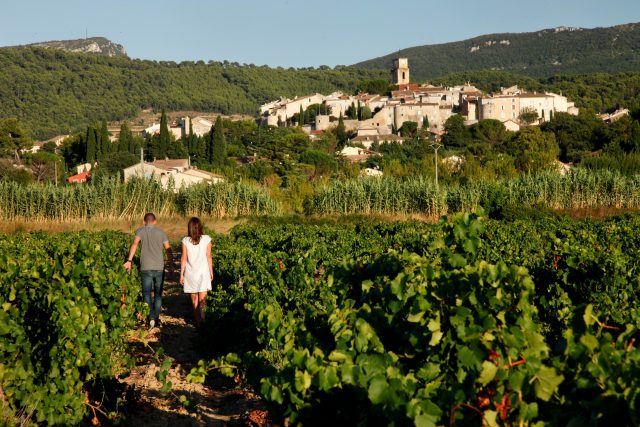This website uses cookies so that we can provide you with the best user experience possible. Cookie information is stored in your browser and performs functions such as recognising you when you return to our website and helping our team to understand which sections of the website you find most interesting and useful.
Côtes du Rhône vintners safeguard the region’s future
Côtes du Rhône has outlined four pledges for the future, including ensuring the transparency of practices; protecting biodiversity; respecting terroirs; and passing on a legacy.

One of the first AOCs to be established in France, the Côtes du Rhône is already governed by a set of rules that were set out in 1937. Among these are parameters pertaining to the
management of vineyards, permitted grape varieties, the methods and density of planting, pruning and trellising, as well as the yields allowed per hectare.
In terms of transparency, corporate social responsibility practices are increasingly used in wineries and vineyards, addressing the environmental, social and economic factors in all areas of wine production. When it comes to biodiversity, in 2019 the Côtes du Rhône signed an agreement with the agricultural observatory for biodiversity and the French Institute of Vine and Wine to allow farmers to learn about and replicate methods that boost biodiversity.
One aspect of respecting terroir, linked to boosting biodiversity, is vitipastoralism, which involves practices such as having sheep graze in vineyards in lieu of using mowing machines.
As for the final pledge, the region has taken numerous measures to secure the future of its winemaking heritage. Among the steps is encouraging the next generation of vintners to sign up for the Young Farmer Grant, which lends indispensable financial support.
Related news
Is Monastrell the climate-adaptable grape the industry needs?
Matching terroir to variety at Burgenland’s Kollwentz winery
Sherry Week celebrates gastronomic potential of historic wines

